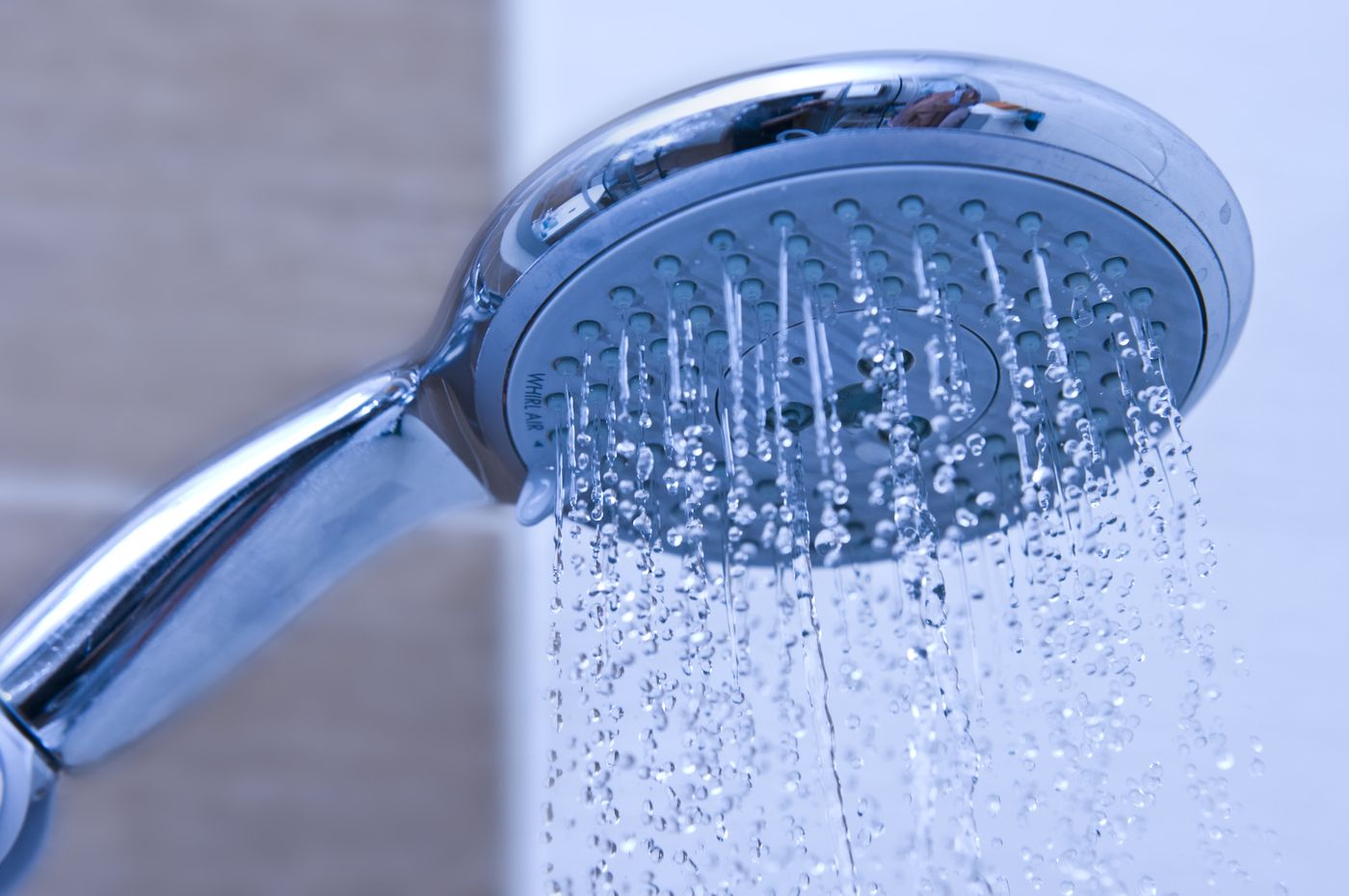Australians have always had a deep connection to water – from the beach to the backyard hose to taking time out and unwinding in the shower - but new research from The Water Conservancy shows our daily shower routines may be drowning out good intentions.

The research has revealed that more than two-thirds (67%) of Australians are showering for five minutes or more, despite long standing advice to cap it at four minutes to help save water, save energy, and save money. One in five (20%) are taking 10 to 15-minute showers, sending up to 135 litres down the drain each time
- Over the course of a year, that’s enough water to fill a swimming pool. Additionally, heating water is the second largest segment of household energy use, contributing up to 30%
- It is the largest source of greenhouse gas emissions (up to 25%) from an average Australian home. A household in Sydney or Melbourne with gas heating could save up $700-800 a year in water and energy bills by reducing their shower time from 8 to 4 minutes.
- The shower is a sanctuary – a place to replay memories, daydream, sing, spark creativity, or let the day fade away. And while a long, hot rinse might feel good, the environmental cost is adding up fast. Nearly one-third of Aussies shower twice a day or more – with 15% clocking up three or more showers daily. In short, our love of being squeaky clean is soaking up our water supply.
The findings were released ahead of Water Night, which took place on on 23 October 2025. Water night is an annual national event encouraging households to switch off all non-essential taps for one evening.
A disconnect between intent and impact
The findings come despite Australians’ strong environmental conscience. More than three-quarters (78%) say they actively try to save water to help the environment - a habit ranked alongside recycling (84%) and switching off lights as they leave a room (78%). Almost six in ten (59%) even believe they’re already doing enough. And with nearly three-quarters (73%) concerned about climate change and its impact on our resources, the intent is clear.
The average Australian uses around 200 litres of water a day, yet three-quarters (74%) believe their usage is far less. One in four (24%) think they’re using under 50 litres a day, barely equivalent to one 5-minute shower. The knowledge gap is clear, with more than a fifth (21%) admitting they don’t know where their household tap water comes from.
CEO of The Water Conservancy, Chris Philpot, said: “From the pool to the ocean – and, as our data shows, especially the shower – one thing is clear: Australians love water. Yet despite this deep connection, four in ten of us believe we’re already doing all we can to save water, while admitting we’re unsure what more we could do. This highlights a clear knowledge gap between our good intentions and the actions needed to make a real difference. That’s why we’re inviting Australians to join us on Water Night, to turn off their taps and take a moment to really think about how much water we use – and how much we waste. Whether it’s shortening a shower, delaying the dishwasher, or holding off on the hose, every drop saved counts.”
Water Night Ambassador, Costa Georgiadis, said: “With summer fast approaching – and more than two-thirds of Aussies saying they use more water at home during the warmest time of year – it’s clearer than ever that now is a great time to act. Signing up to Water Night is a simple yet powerful way to pause, reflect, and become more mindful of our water habits. By taking part, we can all help reduce waste and protect this vital resource.”
Australian Department of Climate Change, Energy, the Environment and Water, Deputy Secretary, Sean Sullivan said: “The first ever National Climate Risk Assessment found the risk posed to Australia’s water security from climate change is high. That risk is projected to increase to very high by 2050 and severe by 2090 – if we don’t adapt and mitigate. There is much we can all do to save water in our homes. The Australian Government’s Water Efficiency Labelling and Standards scheme – or WELS – rates the water efficiency of water products like taps, showers, toilets, dishwashers and washing machines. In 2025 the scheme is expected to save 178 gigalitres of water across Australia – that is about 18 litres of water for every Australia every day for a year. Events like Water Night are important in raising awareness that our water resources are finite – and they need our help.”
Small steps that save big
- Take 4-minute showers. If you struggle to keep track, try using a modern App connected shower timer or play a 4-minute song
- When brushing your teeth, turn off the tap to save up to 5 litres a minute
- Always run your dishwasher or washing machine with a full load
- When buying new products, look for the Smart Drop Certified or a top rated WELS star rating
When it comes to our daily routines, it’s time to stop treading water.
Read the full research report: Turning off the tap: Inside Australia's water-smart habits.